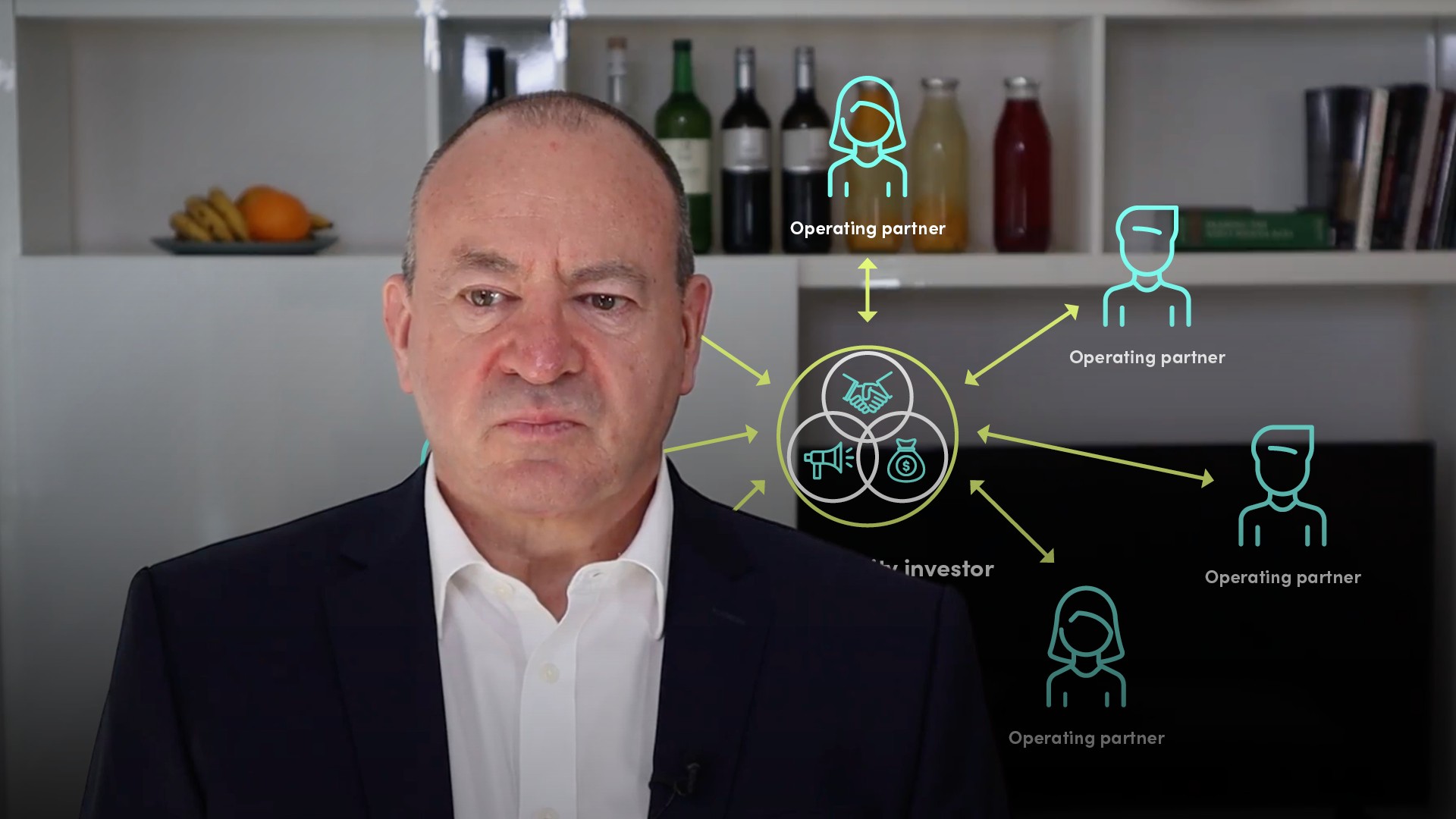
Private Equity Portfolio Management

Gavin Ryan
25 years: Private equity & banking
Gavin explains how a private equity investor manages his portfolio company by outlining the approach of a successful fund manager and the six part value addition framework.
Gavin explains how a private equity investor manages his portfolio company by outlining the approach of a successful fund manager and the six part value addition framework.
Subscribe to watch
Access this and all of the content on our platform by signing up for a 7-day free trial.

Private Equity Portfolio Management
10 mins 20 secs
Key learning objectives:
Understand the six part value addition framework
Outline the time spent and approach of the fund manager
Overview:
How a private equity investor manages his portfolio company, is the area of private equity which is the most difficult to understand. The private equity investor gets involved semi operationally or a quarter operationally. This is a very nuanced involvement which is easy to misunderstand.
Subscribe to watch
Access this and all of the content on our platform by signing up for a 7-day free trial.
What is the six part value addition framework?
- First, private equity ownership is concentrated. The private equity investor will hold a relatively large block of shares.
- Secondly, private equity ownership is close. The private equity investor will be looking to keep a close eye on the company, for example by asking for regular reports or making frequent visits.
- Third, private equity ownership is rational. The private equity investor is a rational economic actor with a clear objective.
- Fourth, the objective of the private equity owner is to increase the value of the company over the medium term period.
- Fifth, the private equity investor wants management to have interests aligned with his objective of increasing value.
- Sixth, the private equity fund manager is on the clock. His fund will be liquidated in a few years and he needs to get things done now.
What is the optimal approach of the fund manager for best performing investments?
A study found that in the best performing investments, the private equity team partner spent fifty percent of his time on the company during the first one hundred days; and maintained regular contact every week after that. The involvement of the private equity investor is quite articulated over different areas. It can take place at a high level, like a board meeting; or at an operational level, like sending an analyst to help out on a project. At the same time the private equity team does not want to demotivate management by interfering too much. So the involvement must be very nuanced.Subscribe to watch
Access this and all of the content on our platform by signing up for a 7-day free trial.

Gavin Ryan
There are no available Videos from "Gavin Ryan"



























